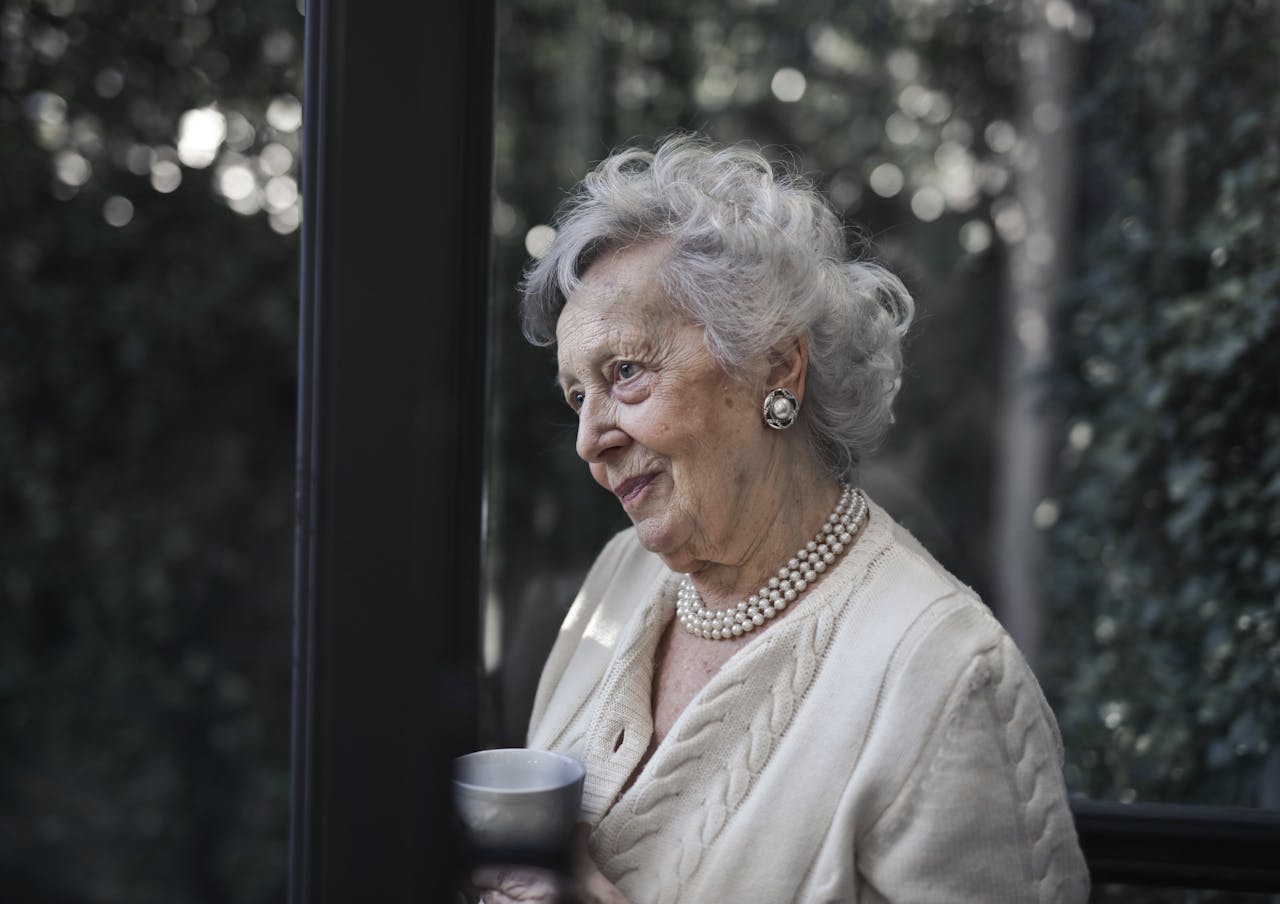Maintaining good hygiene practices in older age often goes beyond appearance. It can significantly contribute to both mental and physical well-being. As individuals grow older, daily grooming activities can become more challenging, but incorporating structured routines may serve as more than simple cleanliness. This is especially relevant for caregivers, who play a vital role in preserving dignity and comfort. Understanding how caregivers support hygiene for the elderly helps illustrate how grooming care affects the quality of life for aging individuals.
The Psychological Lift of Personal Grooming
Personal grooming gives older adults a feeling of normalcy and self-respect. Starting the day with clean clothes, brushed hair, or washed skin may help restore a sense of routine that reduces stress. Small tasks like shaving or applying lotion can provide moments of familiarity, which are especially beneficial for those coping with memory decline or depression. Grooming is not simply about being clean—it creates a link to identity and self-worth, making older adults feel seen and respected. Additionally, consistent hygiene practices can provide comfort in environments that may otherwise feel unfamiliar, such as assisted living facilities. These routines can also lower feelings of isolation by providing regular opportunities for social interaction with caregivers or family members.

Preventing Health Issues Through Daily Hygiene
Simple hygiene actions can help reduce common health problems among the elderly. Daily oral care, for example, can help prevent infections that may affect heart health or increase inflammation. Clean skin can reduce the likelihood of rashes, sores, and more serious infections …
Read More
